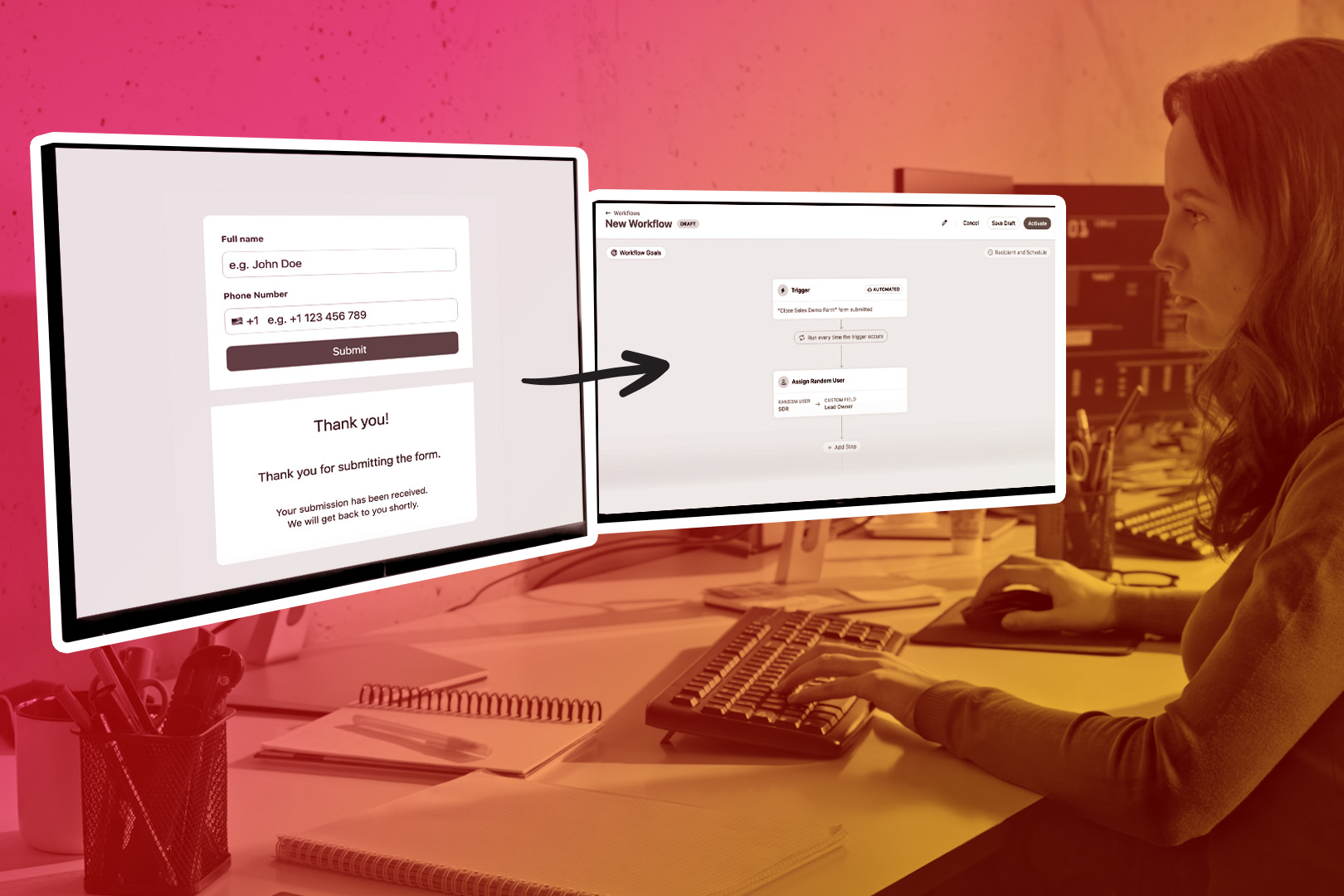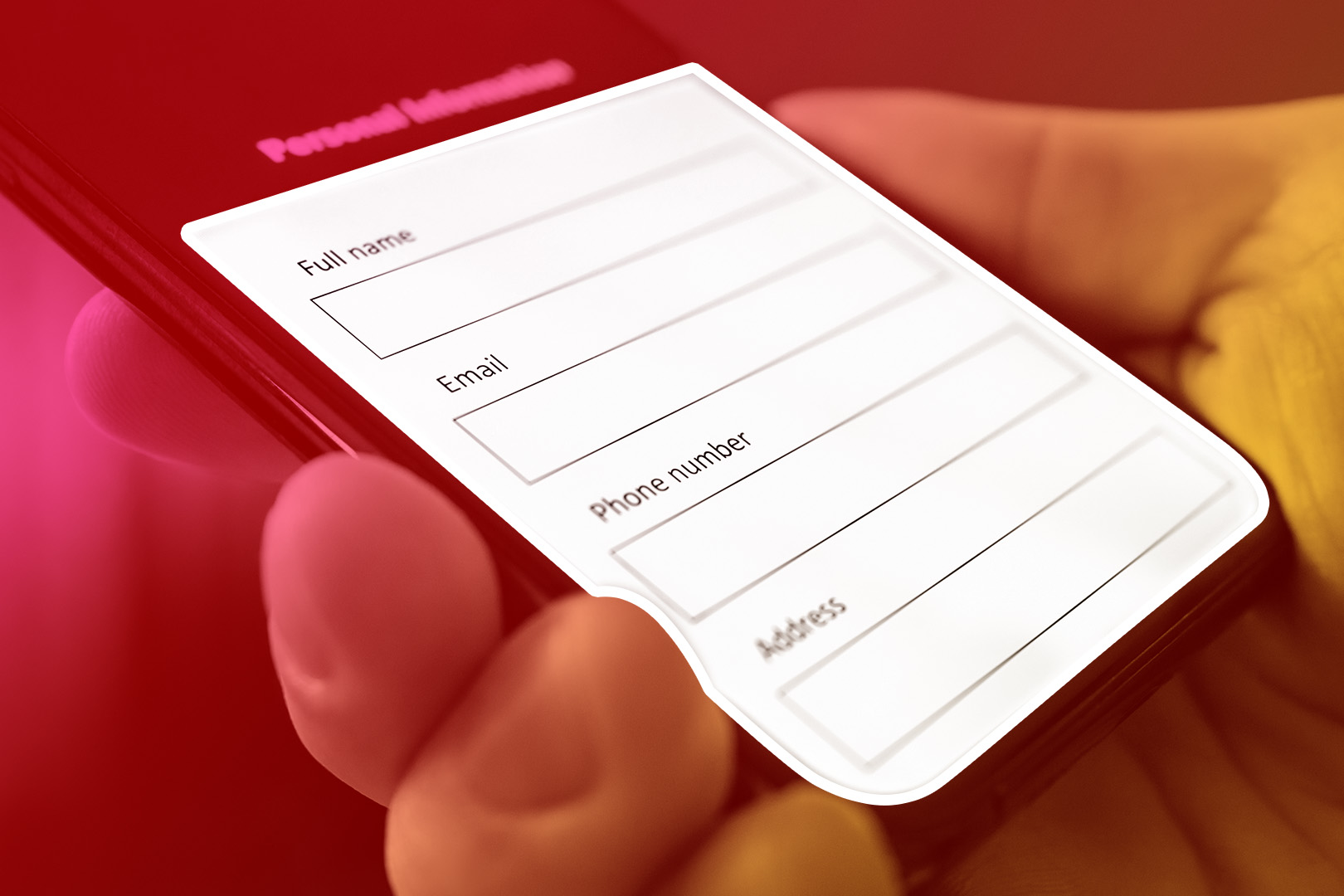If you want your business to succeed, especially in a competitive industry, you need to position your solution to stand out.
That's where a unique selling proposition (USP) comes in.
Being unique helps your brand stand out while giving you an advantage. Craft the wrong USP, however, and blend in with everyone else.
In this post, you’ll learn what a unique selling proposition is, why it matters, see five strong examples, and get steps to craft one for your business.
What is a Unique Selling Proposition (USP)?
A unique selling proposition is a concise statement of who your product is for and why it’s meaningfully different from alternatives..
Use your USP in campaigns to give buyers a clear reason to choose you over competitors.
For example, if you're selling a new type of toothbrush specifically designed to reach difficult-to-clean areas of the mouth, your USP might be "The most effective way to clean your entire mouth."
If you're selling a new running shoe designed for long-distance runners, your USP might be "The lightest and most comfortable running shoe that can go the distance."
USPs help differentiate your business in your marketing efforts, but it is crucial to ensure they are unique. Otherwise, they will blend in with all the other marketing messages consumers see daily.
Instead, focus on what makes your business special and use that to create a USP that will grab attention and generate interest.
Why a Unique Selling Proposition Matters in Sales
In every sales conversation, clearly explain what sets your product apart from the competition. This unique selling proposition differentiates you in the marketplace and allows you to charge a premium price.
It also enables your sales team to be more confident in their pitch.
While many factors go into creating a successful USP, the most important include communicating what your product/service does and deeply understanding your target audience.
Perhaps the most challenging part of creating a USP is distilling it into one simple, clear statement that your target customer can easily understand.
However, if you can do so, you will be well on your way to closing more sales and creating a successful business.
Key Components of an Effective USP
An effective USP grabs your target’s attention and shows why your solution best solves their problem.
To do this, it must be clear, concise, and compelling. It should be easy for your target market to understand and remember. Most importantly, your company’s USP should be unique to your business.
There are many ways to develop a compelling USP, but all successful USPs share three key components: clarity, conciseness, and uniqueness.
Clarity is essential when developing your USP. Your target market should be able to understand your USP quickly and easily, so avoid using technical jargon or difficult-to-understand terms.
Conciseness is also essential. Keep your USP short and to the point—brief enough for a business card or email signature.
Finally, your USP must be unique. It should distinguish your business from your competitors and clarify why customers should choose you over them.
5 Standout Unique Selling Proposition Examples
Below are 5 fantastic examples of how businesses have used a USP as a differentiator within their traditional and digital marketing strategy.
Domino's
Perhaps one of the most well-known unique selling propositions is Domino's, "fresh, hot pizza delivered to your door in 30 minutes or less -- or it's free."
It is clear, concise, and to the point. It tells customers exactly what they can expect and want from Domino's -- fresh, hot pizza delivered quickly.
In 1989, Domino's had to discontinue this USP as they had a rising number of delivery drivers in car accidents that resulted in death.
While it was a great offer and a unique selling point, it resulted in reckless driving to uphold the offer. Which meant they needed to make a change to their business model.
Shopify
Shopify is a leading e-commerce business whose USP is "We help reduce the barriers to business ownership to make commerce better for everyone."

Before Shopify, starting an online store was complicated and required a lot of technical know-how. Shopify's USP is that they make it easy and affordable for anyone to start an online store, regardless of their technical skills.
This USP has helped them to become one of the most popular eCommerce platforms.
Dr. Squatch
Dr. Squatch's USP is "high-performance personal care products in manly scents with only the finest ingredients Mother Nature has to offer."
They clearly define who their target customer is as well as the main benefit of their products.

They offer high-quality cleaning soaps, shampoos, deodorants, etc., to men made of natural ingredients.
Under Armor
Under Armor's USP is "Performance solutions you never knew you needed and can't imagine living without."
Under Armor is a retailer that specializes in sports apparel, footwear, and accessories.

Branding and having a unique selling proposition are especially important in the clothing industry, as it can be challenging to differentiate yourself.
Under Armor's USP cleverly states that its products are unique and provide an experience you won't be able to find anywhere else.
Slack
Slack's USP is "From Fortune 100 companies to corner markets, millions of people worldwide use Slack to connect their teams, unify their systems, and drive their business forward."

This is a fantastic, unique selling point. Unifying systems having easy-to-use communication channels between different people and departments in a business is extremely valuable.
Their fast growth shows this is a selling proposition many business owners are happy to involve themselves with.
They also clearly state that Slack is designed for large corporations to entrepreneurs with small startups and teams.
How to Create a Unique Selling Proposition for Your Business
Now that you've seen some examples of great USPs, let's look at how you can create a unique selling proposition for your business.
Here are a few simple steps to develop an effective USP for your business.
Know Your Ideal Customer Avatar
The first step is to know your ideal customer. You can't create an effective USP if you don't know who you're targeting.
Creating a customer profile is a great way to get to know your ideal customer.
Your customer avatar should include the following:
- Demographics: Age, gender, location, income, occupation, education, etc.
- Habits: What do they do daily? What do they like to do in their free time?
- Goals: What are their short-term and long-term goals?
- Problems: What problems do they have that your product or service can solve?
Before crafting an effective, unique selling proposition, you must clearly understand your target customer’s needs. What are their pain points? What are their needs? What motivates them to buy?
Once you have a clear idea of your ideal customer avatar, you can use this information to help craft your unique selling proposition.
Briefly Look at Your Competition's USPs
After identifying your target customer, study your competition to understand how they market their unique selling proposition.
Doing this will give you a good starting point for positioning your business.
Make a list of all the different USPs you see.
What specific benefits are they highlighting?
Who are they targeting in their messaging?
How is your product/service different or superior to theirs?
By looking at your competition's USPs, you can find things you like and don't like and take inspiration from a few better ones (not copy).
Determine the Main Differentiating Factors of Your Product/Service
What do you offer that your competition doesn't? What do you do better than anyone else?
These are the things you need to focus on when brainstorming your USP.
Some factors you may want to consider are:
- Quality: Do you offer a higher quality product/service than your competition?
- Price: Is your product/service more affordable than your competition?
- Selection: Do you offer a wider selection than your competition
- Convenience: Is your product/service more convenient than your competition?
Remember that you don't have to be better than your competition in all of these areas, but you should focus on the ones most important to your ideal customer.
For example, quality will be more critical than price if you're selling a luxury item. But if you're selling an everyday item, price is likely more important than quality.
Think about what's most important to your ideal customer and use that to help you determine your product/service's main competitive advantage.
Keep it Simple
As mentioned, your USP should be short, sweet, and to the point.
Your prospective customers should easily understand what you're offering and why they should do business with you rather than a competitor.
Don't try to cram too much information into your USP. Instead, highlight the one or two most important things that make your business unique.
Trying to pack too much information into your USP will dilute the overarching message and ultimately become confusing and ineffective.
**Another example I recently saw and loved: We help existing gym owners get their gyms to total capacity within 28 days.
A gym owner wants more members. This company claims they'll fill their gym in 28 days or less. A pretty compelling USP.**
4 Unique Selling Proposition Mistakes to Avoid
Now that you know what should be included in your USP, let's look at a few things you should avoid.
Making it Overcomplicated & Long
First and foremost, avoid making your USP overly complicated or confusing. As I've said, it should be short, sweet, and to the point.
Your ideal customer should be able to understand your USP within a few seconds of reading it. You've missed the mark if they have to read it a few times or think too hard about what you're trying to say.
Being Too General
Another thing to avoid is being too general in your USP. Again, you want to focus on the one or two most important things that make your business unique.
Don't try to be everything to everyone. This will only make your USP weaker and less effective. You want people reading it to easily be able to say, "This is for me" or "This is not for me."
Making Claims You Can't Back up
Third, avoid making claims in your USP that you can't back up. For example, don't say you're the "best" or "most affordable" unless you can prove it.
Making false claims will only damage your credibility and business in the long run.
Focusing on Features
Finally, focus on your product or service's benefits, not its features.
The truth is your ideal customer doesn't care about the features of your product or service. They only care about how it will benefit them.
For example, if you're selling a new type of vacuum cleaner with a longer battery life than similar models on the market, don't focus on the battery life in your USP.
Instead, focus on how that longer battery life will benefit the customer, such as vacuuming for longer periods uninterrupted.
By focusing on the benefits, you'll be much more likely to create a tagline that resonates with your ideal customer and get them to take action.
Ready to Create a Unique Selling Proposition That Stands Out?
Your unique selling proposition (USP) communicates how you help customers in a unique way to your company.
By creating one, you enable your salespeople and marketing team to create more targeted and effective messaging in all your marketing efforts; on your website, landing pages, email outreach & follow-up, on social media, etc.
Having a strong USP is a crucial component of any business. It defines what sets your business apart and helps you attract your ideal customers.
More often than not, a unique selling proposition will require optimization. So don’t get frustrated if a punchy value proposition doesn’t come to mind.
When crafting your USP, focus on the main differentiating factors of your product/service and keep it short, sweet, and to the point.
If you do these things, you'll be well on your way to developing a strong USP that will help you close more sales, increase your market share, and attract new customers to your business.
Who are we? Close builds fast, powerful sales software for businesses of the future. If your current CRM isn’t built for growth, take our 14-day free trial for a spin and see why the world's fastest-scaling sales teams use Close.








.jpg)



